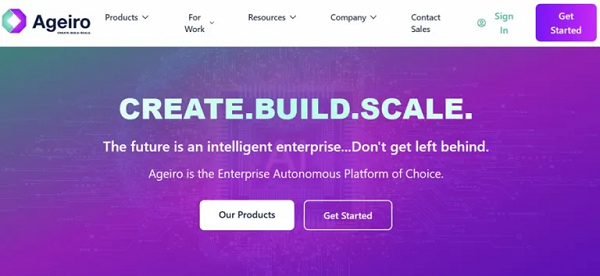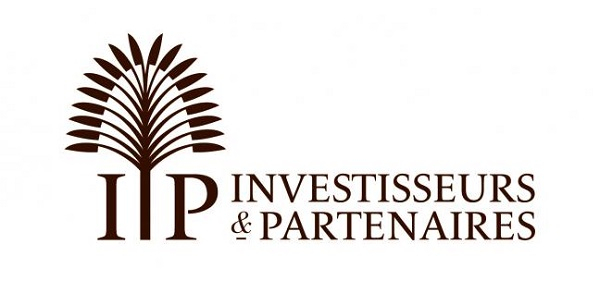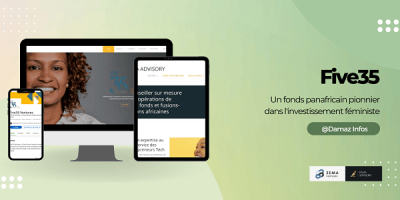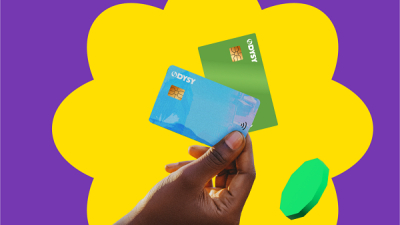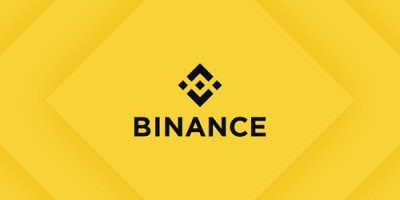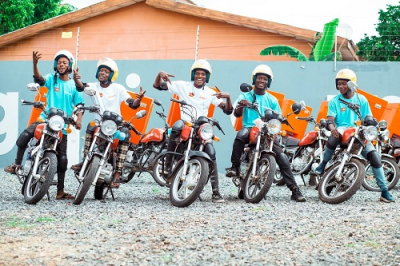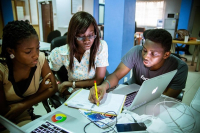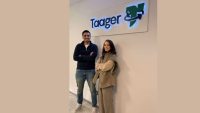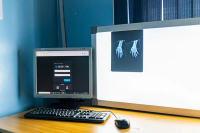
Brief_simple (454)
South African enterprise AI startup Ageiro has raised 3 million dollars to scale its autonomous agent platform, which turns business objectives into production-ready applications within days. The company plans to use the funding to strengthen its decision models, enhance compliance tooling and expand commercial operations, framing software autonomy as a core driver of enterprise digital transformation.
Investisseurs & Partenaires has completed a first close of €41 million (about $47.7 million) for its Africa Entrepreneurs 3 fund. The fund is targeting $81.5 million in total and expects a second close in 2026. It plans to invest $1.2 million to $5.9 million in 15 to 20 small and medium-sized enterprises operating in sectors including education, health, energy, agribusiness, logistics, financial services and manufacturing, with a strong emphasis on climate and gender impact.
Pan-African fund Five35 Ventures has received an anchor investment from the Mauritius-based Mennonite Economic Development Associates (MEDA), which manages the Mastercard Foundation Africa Growth Fund. The capital will strengthen Five35 Ventures’ backing for women-led technology startups across East, West and Southern Africa. The fund seeks to bridge the gap between seed funding and scaling up by combining capital, strategic guidance and access to a broad network of mentors and investors.
Send by Flutterwave, a money-transfer service, is rolling out a physical naira card for Nigerians living abroad who are visiting the country over the holidays. The card is linked to the app and can be topped up with U.S., European or U.K. bank cards. It works on POS terminals, ATMs and contactless payment systems across Nigeria. The product is designed to help visitors bypass cash-withdrawal limits, unstable exchange rates and frequent problems with foreign cards.
Binance has launched Binance Junior, a new sub-account app that lets parents oversee activity while allowing children and teenagers to save in cryptocurrencies. The app offers a flexible savings feature with no trading, enabling young users to accumulate digital assets under parental supervision. Parents can fund the account, set limits and monitor all activity. The platform also includes an educational book, “ABC’s of Crypto,” designed to help families learn about digital finance together.
Nigerian startup Gigmile, founded in 2022, has closed a funding round led by Enza Capital, with participation from Seedstars International Ventures and Norrsken Africa Fund, to support its next phase of expansion. Through its Gamma Mobility rent-to-own model, Gigmile has already provided more than 10,000 vehicles to delivery agents and drivers in Nigeria and Ghana. The company aims to finance $100 million in assets by 2027.
Credit Direct, a Nigerian financial institution, has integrated “Yield” into its mobile app, adding automated savings and investment tools. The platform offers annual returns of up to 21% on fixed-term deposits and 15% on flexible plans. After a simple setup, users can access clear, fully digital products with features such as real-time account management, scheduled contributions and the option to send investment “gifts” to others.
The Judith Neilson Foundation and the Million Lives Collective have launched a new African Cities Innovation Fund. It will provide grants of up to $75,000 for projects linking startups, civic groups and public-sector partners.
The goal is to test digital and infrastructure solutions for mobility, basic services and climate resilience in fast-growing African cities.
The Egyptian platform Taager, which allows thousands of independent sellers to run online businesses without holding inventory or upfront capital, has launched operations in Morocco after earlier rollouts in Egypt, Saudi Arabia and the United Arab Emirates. The Moroccan arm, led by Salma Ammor, aims to tap into the country’s fast-growing e-commerce market and make it easier for more people to start selling online.
The Egyptian startup Rology, an AI-assisted teleradiology platform, has closed a new funding round with investors including the Philips Foundation, Johnson & Johnson Impact Ventures, Sanofi Global Health’s impact fund and MIT Solve Innovation Future. The funding will be used to expand its network of radiologists and improve access to rapid diagnostics across 13 countries in Africa and the Middle East.
More...
Mobile money integration specialist Tola Mobile is expanding its payment platform in Africa by adding card payment capabilities. Operating in 23 countries, Tola Mobile provides merchants with a single API that allows them to process deposits, withdrawals and real-time settlements through both mobile wallets and cards.
Nigerian fintech company FairMoney, through its subsidiary MyCredit Investments Limited, has had its long-term rating upgraded to BBB+ and its short-term rating to A2 by Global Credit Ratings. The upgrade reflects the strength of its business model, well-managed credit-risk growth and 2024 revenue of more than 112 billion naira, equivalent to over 77 million dollars.
Zazu, a digital banking platform designed for entrepreneurs and small businesses, recently raised $1 million in a pre-seed funding round from African and European investors.
The startup is currently active in South Africa and Morocco, where it integrates with key payment providers such as Paystack and Ozow. Zazu plans to accelerate its rollout now, ahead of a major pan-African expansion scheduled for 2026.
British fintech company Wise has received conditional approval from the South African Reserve Bank to operate as an authorized foreign-exchange intermediary, allowing it to offer international transfers to consumers.
The approval will enable South Africans to send money abroad at the mid-market exchange rate, with all fees disclosed upfront. The move comes amid rising demand for faster and cheaper cross-border payments in the region.


